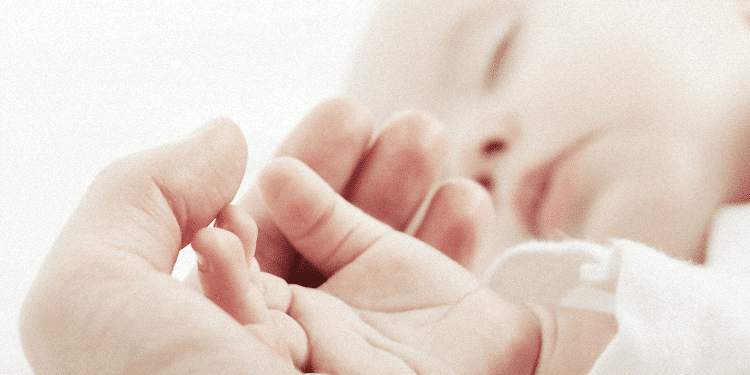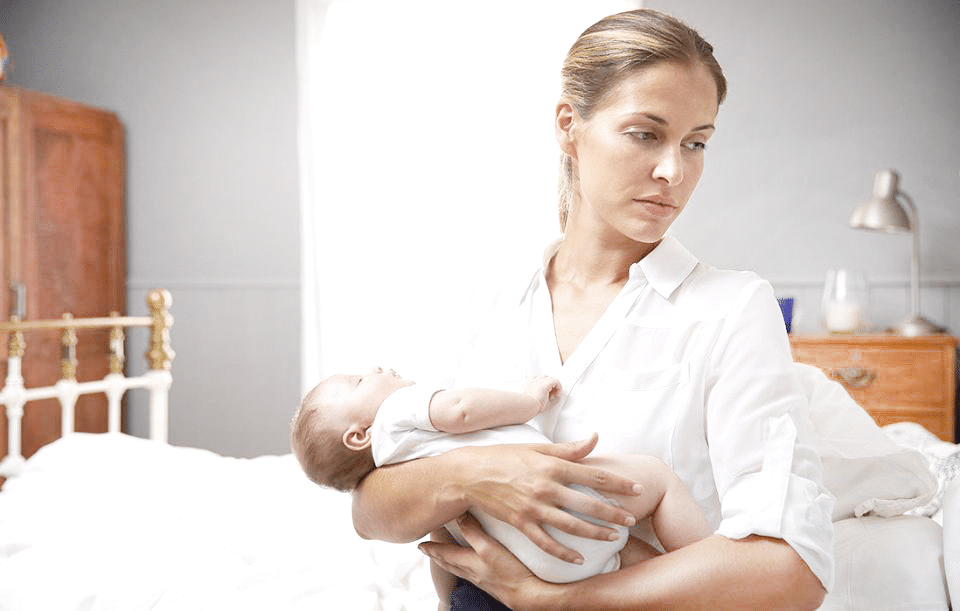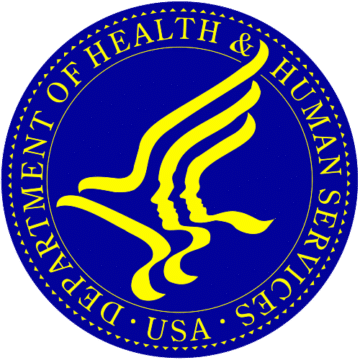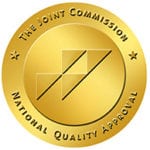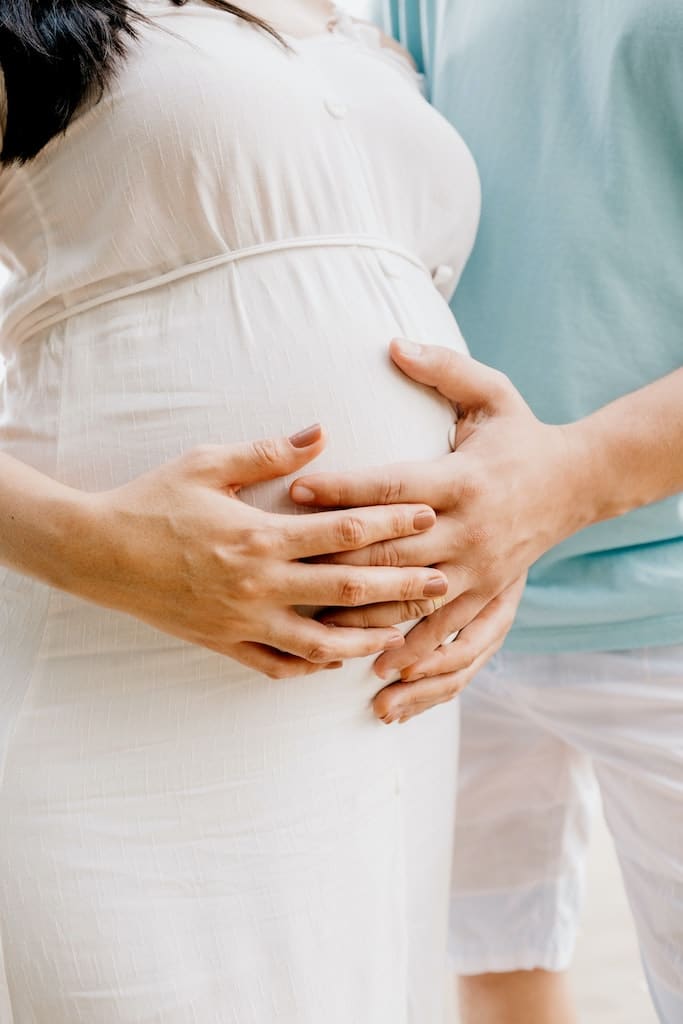
Partnering With D'Amore
If you’re ever wondering what working with D’Amore Mental health is like, feel free to check us out on Instagram or read some of our most frequently asked questions. We understand choosing a mental health treatment center in Orange County is a big commitment. These resources could provide insight on receiving mental health treatment and beginning your new life full of health and wellness with D’Amore.






